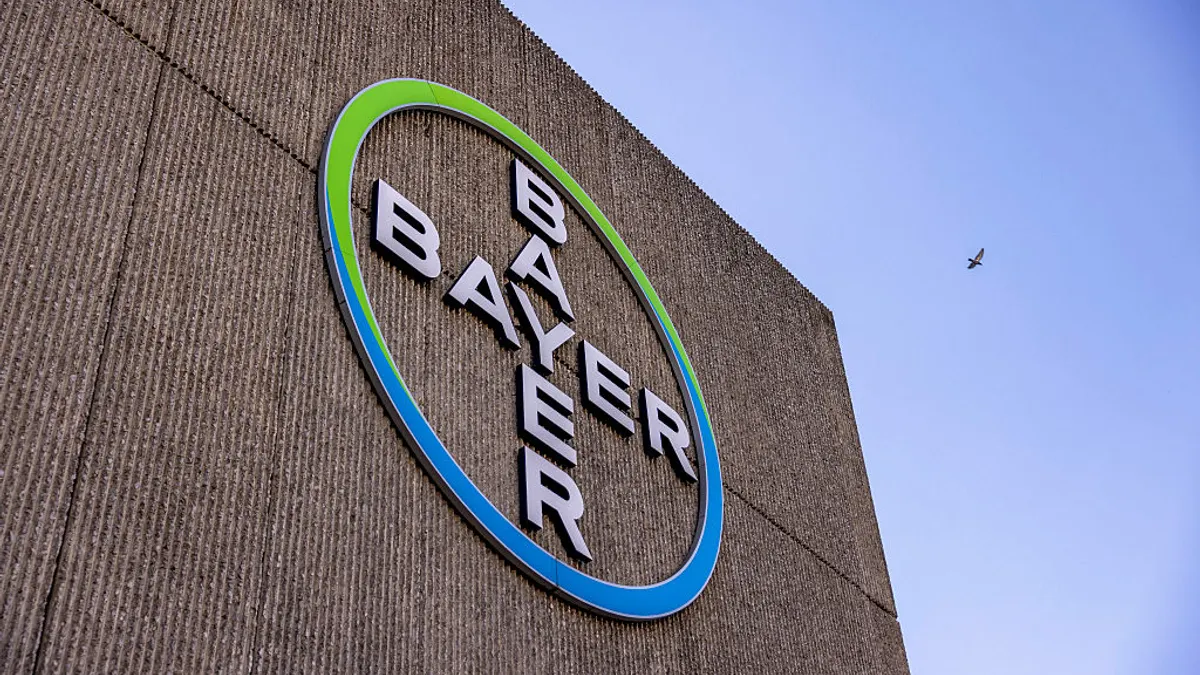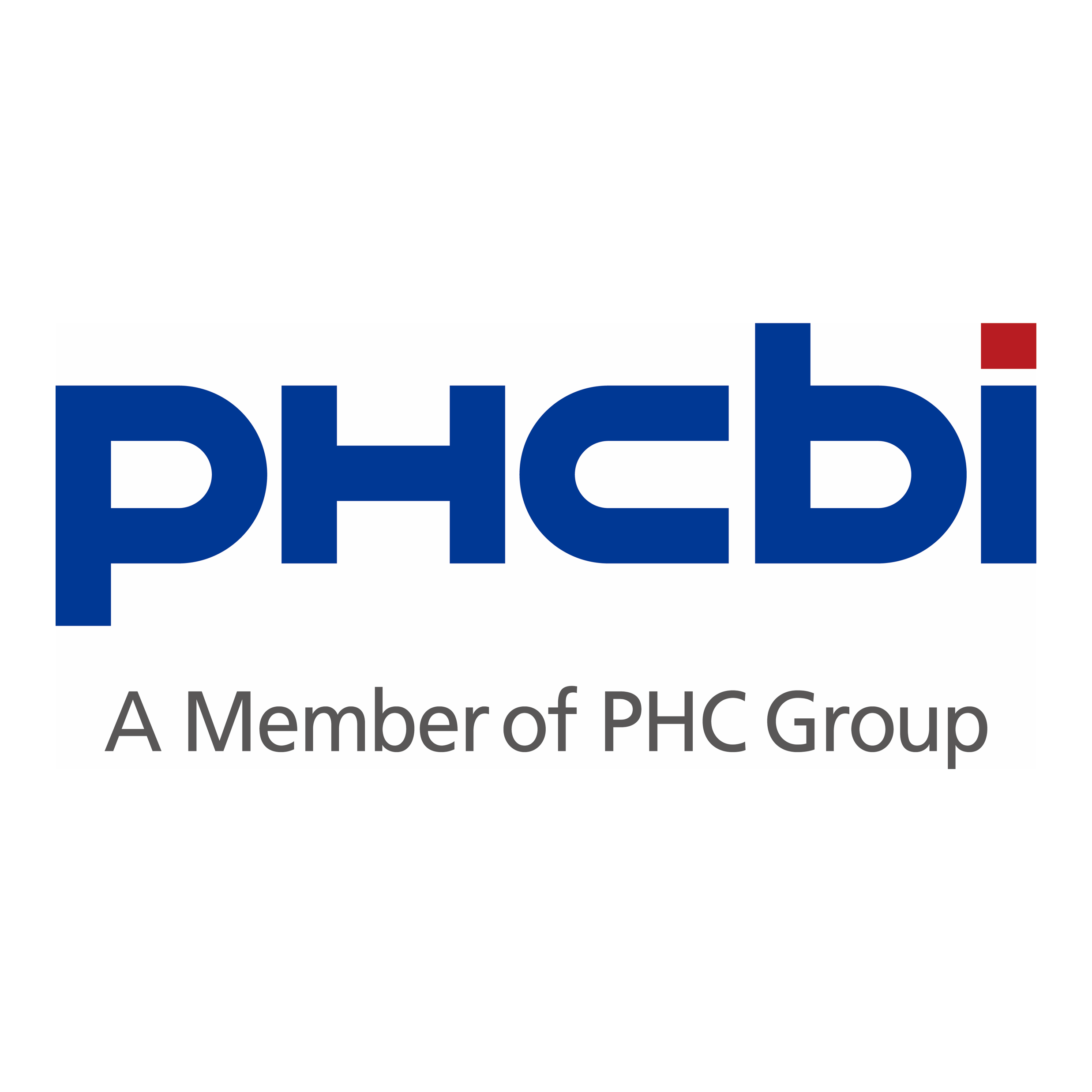The Food and Drug Administration late Friday approved a new, non-hormonal treatment for postmenopausal women who experience vasomotor symptoms, also known as hot flashes.
The drug, called Lynkuet and developed by Bayer, was cleared to treat moderate severe hot flashes due to menopause. Approval was supported by three late-stage trials that enrolled thousands of women. Data showed treatment reduced both the frequency and severity of hot flashes.
“There is a need for more individualized approaches to menopause care, and Lynkuet addresses a significant gap in treatment options,” said Christine Roth, Bayer’s executive vice president of global product strategy and commercialization, in a statement.
Vasomotor symptoms typically occur during and after menopause, a transition when a woman’s menstrual cycle stops. The drop in estrogen levels that’s associated with menopause leads to these symptoms, which range in severity and can be life-disrupting, sometimes for years.
Menopause hormone therapy, also known as hormone replacement therapy, is one treatment option. However, not everyone is a good candidate for hormonal therapy, while others might opt out due to health risks.
One other non-hormonal treatment is on the market for vasomotor symptoms: Astellas Pharma’s Veozah. The drug was approved in 2023 but has struggled commercially due to lower-than-expected demand and complications with reimbursement. Most recently, the FDA added a black box warning for possible liver damage on the drug’s labeling.
Bayer’s drug works similarly to Veozah by blocking what are known as neurokinin receptors. Lynkuet targets two receptors, NK1 and NK3, which help regulate body temperature, while Veozah targets just NK3.
“We think that there's a benefit from targeting two receptors,” said JoAnn Pinkerton, a lead investigator in a clinical trial testing Lynkuet, and a professor of obstetrics and gynecology at the University of Virginia Health System.
“We saw a very rapid reduction in hot flashes and night sweats similar to [Veozah], and an improvement in the severity of the hot flashes, as well as an improvement in health-related quality of life and sleep,” Pinkerton said in a recent interview.
The approval of Veozah and, now, Lynkuet, is spotlighting an area that’s receiving heightened attention among investors and biotech companies and greater awareness more broadly.
“Menopause is having a moment with all of the excitement of new therapies. And many women in the workforce are recognizing that perimenopause and menopause are having an effect on their ability to function at a high level,” Pinkerton said.
One example of that growing attention was an FDA panel discussion earlier this year on hormonal therapies for menopause. At that meeting, a panel that included Pinkerton called for the removal of warning labels associated with treatment. Though the FDA hasn’t issued further guidance since, Pinkerton hopes the meeting, and surge in research interest, are signs of things to come.
“I think [the key] is that women have to support each other and try to move this field forward in this country and other countries,” she said.
Lynkuet is expected to be available in the U.S. in November. Wholesale acquisition cost of Lynkuet is $625 for a 30-day supply. Pricing will vary based on insurance. Bayer has also partnered with digital pharmacy BlinkRx to provide access to the drug at a lower cost.















